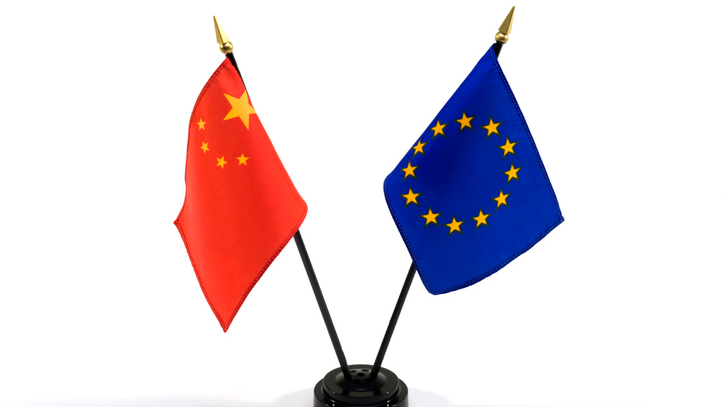A transatlantic alliance against China won't serve any purpose


It was disturbing to read a Politico article on Monday that said the European Union has proposed teaming up with incoming US president Joe Biden to squeeze China out of the global technology trade.
The article said that's the goal of the proposed EU-US Trade and Technology Council, a transatlantic entity suggested in a European Commission paper to be submitted to the European Parliament and the leaders of EU member states meeting next week.
Just minutes before I started writing this column on the issue, I was lucky enough to get some clarification from EU foreign policy chief Josep Borrell at a virtual news briefing on Wednesday afternoon. Borrell appeared surprised by my question seeking clarification and called the news report "crazy".
"No. For sure not," he said.
The EU needs China in international trade and wants to have an agreement on investment with China, Borrell said, referring to the Comprehensive Agreement on Investment that the two sides have been negotiating. He did raise some issues such as a level playing field and reciprocity.
Sensational journalism like the one by Politico is nothing new. The Politico, an American political journalism company, uses exaggerated remarks and is known for taking things out of context to grab as many eyeballs as possible.
The European Commission paper, titled "A new EU-US agenda for global change", was released shortly after Borrell's news briefing and doesn't contain the inflammatory language the Politico article uses.
It is a relevant discussion on how the EU, whose new leadership marked its first year in office this week, should handle relations with the new United States administration, especially in relation to China. Some hawks on both sides of the Atlantic have been talking about forging an alliance and ganging up against China to curtail its rise, economically, technologically and politically.
Such suggestions are harmful to all. After four years of Donald Trump's "America first" policy, the last thing the world needs is more division and confrontation. The EU should serve as an honest broker to help ease Sino-US tensions rather than stoking the fire and cashing in on their disputes.
The efforts to contain the COVID-19 pandemic, combat climate change, and revive the global economy, which are top agenda for the EU, the US and every other economy, would be undermined in a world of major power confrontation.
The world is desperate for cooperation and a return to multilateralism after four years of Trump's rule. That's why I suggested to Borrell that the EU include countries such as China, Japan and the Republic of Korea in the talks to set global technological standards since they are also key players in the field, and such an arrangement would better serve the EU's policy on multilateralism.
The EU prides itself as a global leader in setting global rules and standards. But that doesn't mean only the EU, or the EU-US combine, should set the rules and standards. Rules will be better adhered to and standards better observed only when all economies are equally represented at the table.
It was good to hear Borrell and his predecessor Federica Mogherini talk about the EU's strategic autonomy at a forum on Tuesday, especially when the bloc faces huge pressure because of the US' withdrawal from the Iran nuclear deal.
The EU and China have a lot of common interests but also major differences. Yet forging a pressure group against China, such as a transatlantic alliance, is the wrong way to resolve those differences-it is also unfair as China is a non-aligned country.
Finding the solution to a problem often takes time and hard work, and the EU knows this too well from its interactions with its 27 member states. And as Winston Churchill said, "jaw jaw is better than war war".
The author is chief of China Daily EU Bureau based in Brussels.
































